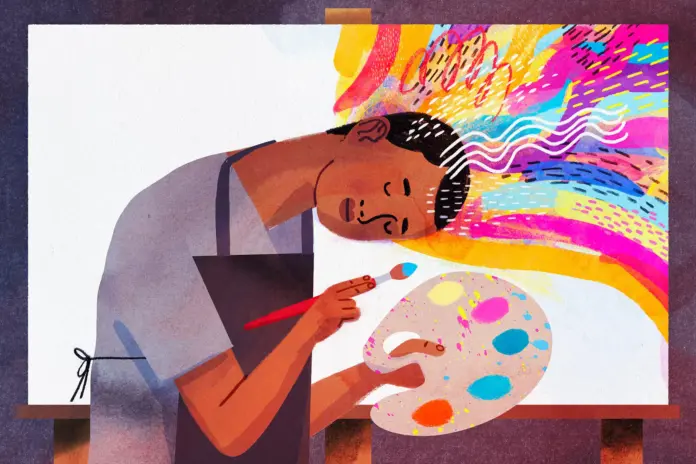Summary
When Dr. Frank Clark was in medical school studying to be a psychiatrist, he decided to write his first poem.
“All that chatter that is in my head, everything that I’ve been feeling, I can now just put it on paper and my pen can do the talking,” he said, recalling his thoughts at the time.
Back then, he was struggling with depression and had been relying on a number of things to keep it at bay, including running, therapy, medication, and his faith.
“I had to find something else to fill the void,” he said. It turned out that poetry was the missing piece in his “wellness puzzle.”
Analysis
Recovering both physically and mentally from an injury can be one of the most demanding challenges a person can face. There are many ways to recover physically ranging from simply going on walks to attending weekly rehab. What is a much harder challenge to tackle is recovering mentally. The author describes himself as being able to mentally escape through writing poetry, which brings up the idea of using the visual arts to help the injured recover mentally. Most likely being a post-injury/transport activity, I believe there is room for exploration for placing a system that offers the arts to those injured on the front lines simply catered to helping them recover mentally from whatever they have been through.




